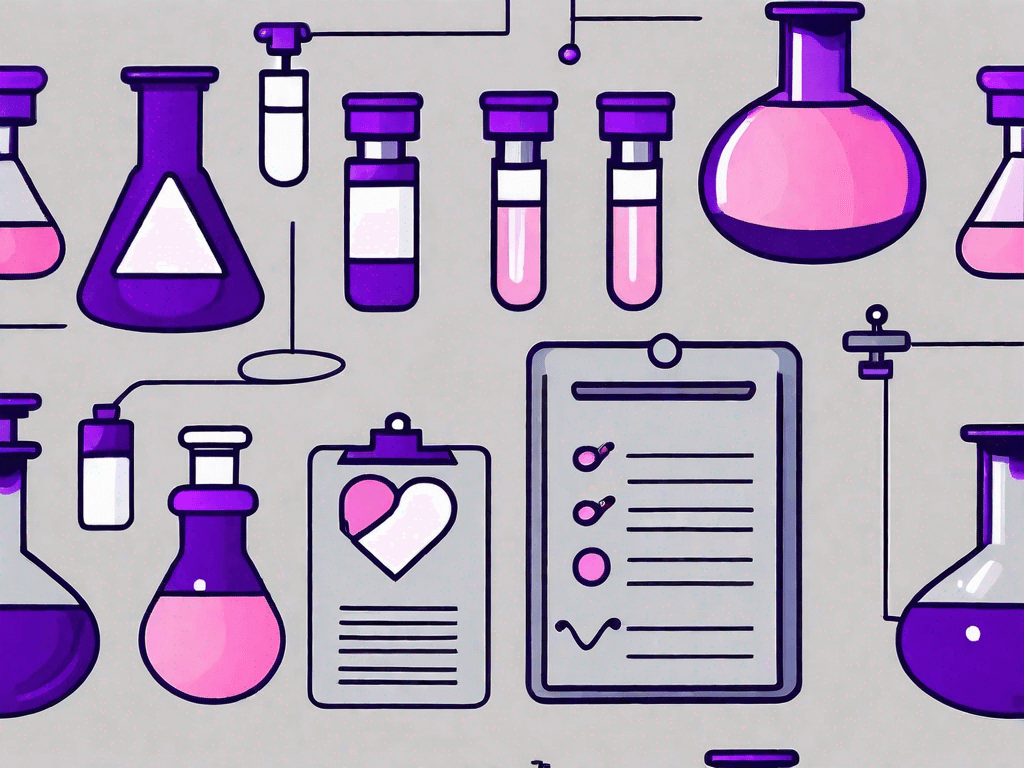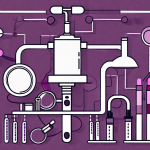Drug trials are pivotal in advancing medical treatments, offering groundbreaking therapies for various health conditions. These meticulously designed studies test new drug effects on human subjects to evaluate safety, efficacy, and optimal dosing. Central to evidence-based medicine, drug trials enable discoveries in treatment options and deepen understanding of diseases. This process, spanning preclinical testing to phase 4 trials, involves rigorous safety assessments and ethical standards. Technological innovations like AI and personalized patient selection methods are transforming these trials. Significant strides in areas like oncology and neurology demonstrate their potential. Regulatory bodies like the FDA ensure safety and efficacy, with evolving guidelines shaping the trial landscape. Looking ahead, adaptable designs and personalized medicine in drug trials are set to revolutionize treatment and patient care.
Drug trials play a crucial role in advancing medical treatments and improving patient outcomes. By evaluating the safety and efficacy of new drugs, these trials pave the way for breakthroughs and advancements in various therapeutic areas. In this comprehensive overview, we will explore the basics of drug trials, innovative methodologies, recent breakthroughs, the role of regulatory bodies, and future perspectives in this exciting field of medicine.
Understanding the Basics of Drug Trials
Before delving into the latest breakthroughs, it is essential to grasp the fundamentals of drug trials. These trials are meticulously designed studies that investigate the effects of new drugs on human subjects. They adherently follow a well-defined process to ensure accurate results and maintain patient safety.
The importance of drug trials in medicine cannot be overstated. These trials provide valuable data on a drug’s effectiveness, dosage, possible side-effects, and interactions with other medications. They help researchers and clinicians make informed decisions about whether a new drug should be approved for widespread use.
The Importance of Drug Trials in Medicine
Drug trials hold immense significance in improving patient care and advancing medical knowledge. They provide an opportunity to discover new treatment options for previously untreatable diseases, ultimately saving lives and improving quality of life. These trials also help gather data on a drug’s safety, allowing potential risks to be identified and mitigated.
Moreover, drug trials enhance the understanding of diseases and their underlying mechanisms. By gaining insights into the biological processes affected by a drug, researchers can target specific molecular pathways, paving the way for innovative therapeutic approaches.
The Process of Drug Trials: From Lab to Market
Drug trials involve several distinct phases, each serving a specific purpose in the drug’s journey from the laboratory to the market. These phases include preclinical testing on animals, followed by human clinical trials consisting of four phases: Phase 1, Phase 2, Phase 3, and Phase 4.
During these trials, researchers assess the drug’s safety, dosing, and efficacy. They carefully select and monitor participants, collect and analyze data, and collaborate with regulatory bodies to ensure compliance with ethical and safety standards. This rigorous process enables the development of safe and effective treatments.
Innovations in Drug Trial Methodologies
With advancements in technology and the quest for more efficient and reliable drug trials, innovative methodologies have emerged. These novel approaches have the potential to revolutionize the way drugs are tested and bring us closer to finding groundbreaking treatments.
Technological Advancements in Drug Trials
Technological advancements have greatly impacted drug trials, enhancing their precision and efficiency. Techniques such as artificial intelligence (AI), big data analytics, and virtual reality have opened new avenues for data collection, analysis, and visualization, reducing the time and cost of trials while improving accuracy and predictive capabilities.
AI, for instance, can analyze vast amounts of medical data to identify patterns, predict treatment outcomes, and personalize treatments. Virtual reality platforms provide immersive experiences that simulate medical conditions, enabling researchers to study drug effects in a controlled environment.
Novel Approaches in Patient Selection
Another area of innovation in drug trials is patient selection. Traditionally, trials have relied on broad inclusion criteria, leading to diverse patient populations. However, novel approaches now focus on precision medicine, tailoring treatments to specific patient characteristics, biomarkers, or genetic profiles. This approach allows for more targeted evaluation of a drug’s effectiveness and leads to personalized therapies.
Breakthroughs in Various Therapeutic Areas
Recent drug trials have yielded exciting breakthroughs in various therapeutic areas, revolutionizing treatment options across multiple medical fields. Let’s explore a few significant advancements:
Advances in Oncology Drug Trials
Oncology drug trials have witnessed remarkable progress, with the discovery of new targeted therapies and immunotherapies. These treatments have shown promising results in specific types of cancers, significantly improving survival rates and reducing the adverse effects associated with traditional chemotherapy.
Additionally, advances in genomic profiling allow for more precise identification of genetic mutations driving cancer growth, enabling the development of tailored therapies that specifically target these mutations.
Progress in Neurological Drug Trials
Neurological drug trials have made strides in treating conditions such as Alzheimer’s disease, Parkinson’s disease, and multiple sclerosis. Researchers are exploring innovative approaches, including gene therapies, stem cell treatments, and neuroprotective drugs.
Furthermore, the integration of imaging techniques, such as positron emission tomography (PET) and functional magnetic resonance imaging (fMRI), has provided valuable insights into the effects of drugs on the brain, enabling better monitoring and evaluation of treatment outcomes.
The Role of Regulatory Bodies in Drug Trials
Regulatory bodies play a crucial role in overseeing drug trials to ensure patient safety and the reliability of results. These organizations, such as the Food and Drug Administration (FDA) in the United States and the European Medicines Agency (EMA) in Europe, set stringent guidelines and monitor compliance throughout the trial process.
Ensuring Safety and Efficacy in Drug Trials
Regulatory bodies work closely with researchers to establish protocols that prioritize patient safety and minimize potential risks. They thoroughly review trial designs, monitor data collection and analysis, and assess the benefit-risk profiles of investigational drugs before granting approval.
This rigorous oversight ensures that any innovation arising from drug trials undergoes extensive scrutiny and meets high standards of safety and efficacy before becoming available to patients.
The Impact of Regulatory Changes on Drug Trials
Regulatory changes can have a significant impact on the drug trial landscape. Updates in guidelines and regulations aim to streamline trial processes, reduce administrative burdens, and accelerate the availability of new treatments to patients. However, these changes also necessitate careful adaptation from researchers and trial sponsors to meet evolving requirements.
Future Perspectives in Drug Trials
As drug trials continue to evolve, several trends and anticipated developments hold promise for the future of medical research and treatment.
Predicted Trends in Drug Trial Approaches
Future drug trials are expected to embrace more adaptive trial designs, which allow for modifications based on emerging data during the trial itself. This flexibility promotes efficiency and enables quicker evaluations of drug efficacy, potentially expediting the approval of life-saving treatments.
Furthermore, collaborations between academia, pharmaceutical companies, and technology giants are likely to increase, fostering interdisciplinary research and harnessing the power of big data and AI to drive drug discovery and development.
The Potential of Personalized Medicine in Drug Trials
Personalized medicine holds tremendous potential for the future of drug trials. By tailoring treatments to individuals based on their genetics, biomarkers, and disease characteristics, researchers can optimize treatment outcomes and minimize adverse effects. Integrating precision medicine into drug trials could lead to more targeted therapies, higher response rates, and improved patient satisfaction.
In conclusion, the latest breakthroughs in drug trials are expanding our understanding of diseases, revolutionizing treatments, and offering hope to patients worldwide. With an emphasis on safety, innovation, and collaboration, drug trials are propelling the field of medicine forward and paving the way for a healthier future.






